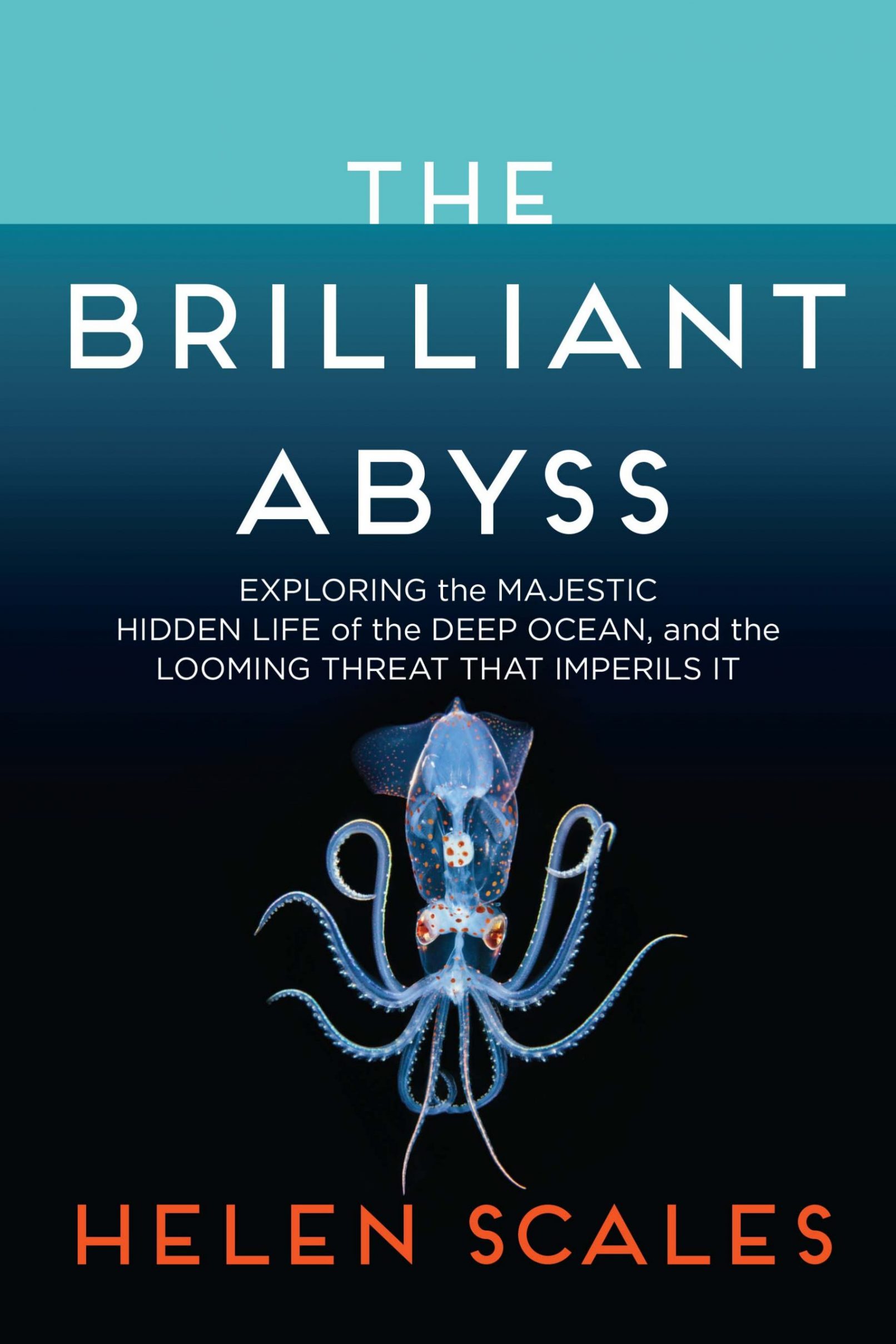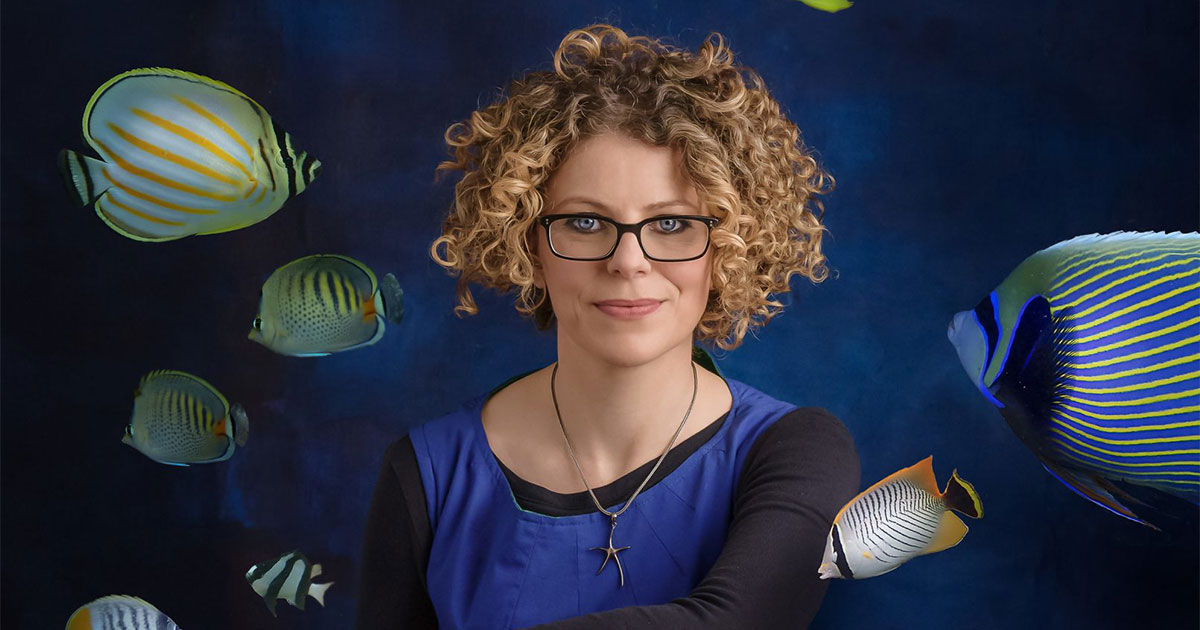Dr Helen Scales is a marine biologist and captivating writer of the Guardian bestseller Spirals in Time, Eye of the Shoal, and the beautifully illustrated children’s book with Lisk Feng, The Great Barrier Reef. From diving into the compelling life of the creators of seashells to the wonderous life of the open ocean, Helen is an insightful British writer exploring the curiosities of the world’s ocean. She has written for many publications including, the National Geographic Magazine, the Guardian and New Scientist. Alongside her writing, she teaches at Cambridge University and is science advisor for the marine conservation charity, Sea Changers. With a passion for ocean exploration, Helen’s most recent book brings insight into the mysterious curiosities beneath the ocean in the deep sea. So much of what lies in the deepest, darkest depths of the ocean remains undiscovered and unseen. The Brilliant Abyss brings to life the gripping tales of the deep sea and describes our relationship with this habitat, how we explore and exploit it, and how the effects of the advancing changes in our climate will impact it.

(Image credit: Elise Poore)
We spoke to Helen to uncover what inspired her to share her thoughts on our connection to the deep sea.
ECO: Why did you decide to write a book about the deep ocean?
HS (Helen Scales): There were two big motivations behind The Brilliant Abyss. First was my realization that the most exciting and important research into life on earth is taking place in the deep ocean, and I wanted to reveal that hidden realm to readers. A golden age of science and discovery is underway in the deep, helped by incredible technologies that are letting more people see and study what’s down there in new powerful ways. Second, is my growing sense of dread and concern for the future of the deep ocean, as humanity’s impacts reach deeper than ever before.
ECO: Why is it important for us to explore what’s lurking deep beneath the ocean’s surface?
HS: The deep sea, that’s everything below 200 meters, makes up the single biggest part of the earth’s biosphere. Something like 95 percent of the available living space on the planet is the deep ocean, so if we want to know life on earth, we have to look to the deep. This vast volume contains enormous biodiversity, with species and ecosystems unlike anything out on land. Add to that, the deep ocean plays a critical part in keeping our planet habitable. It absorbs huge amounts of carbon and heat that's trapped by greenhouse gases in the atmosphere. All sorts of vital connections link the deep to the shallower seas, the atmosphere and land. Ultimately, everything is connected.
ECO: What are the major threats to life in the deep ocean?
HS: A common misperception is that the deep ocean is so vast and remote that it's untouchable by human impacts, but that is definitely not the case. Just like the shallower parts of the ocean, the deeper regions are threatened by climate change and pollution, including a deluge of plastic particles. Plastics are getting everywhere so of course they’re sinking into the deep ocean too—how could they not? Fisheries are also reaching deeper into the ocean than ever before. And there is the rising threat of deep-sea mining. This nascent industry has yet to begin commercial scale exploitation, but there are companies vying to open up the earth's last, vast frontier, which would have potentially devastating impacts on the health of the ocean and the entire planet.
ECO: If we continue to over exploit the ocean, how will this impact the deep?
HS: Deep-dwelling species and ecosystems generally have very low resilience to exploitation. There are species that live very long, slow lives and habitats that take thousands of years to form, like the intricate forests of corals and sponges that sprout from the flanks of seamounts. Exploitation in deeper waters will likely have greater impact than in shallow seas and recovery will take far longer to take place—if at all.
ECO: What fascinates you most about the deep sea?
HS: For me, the deep ocean is a vast place of great hidden beauty and wonder. It blows my mind that there’s still so much about this living planet to learn and discover.
This feature appeared in Environment, Coastal & Offshore (ECO) Magazine's 2021 Winter edition, to read more access the magazine here.





